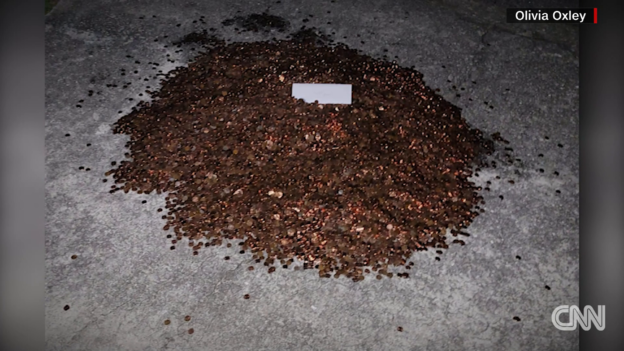Making HR better. One HR pro at a time.
-
Hire Internal Employees to Drive Engagement and Career Ownership with Jerome Ternynck on We’re Only Human
“The platform was up and running literally weeks after the pandemic hit. And through this platform they saved 2,000 jobs, so it’s also about saving jobs by redeploying people effectively when the times are needed.” Jerome Ternynck, Founder and CEO, SmartRecruiters  We’re Only Human — Episode 111  In some brand new research, we…
-

Man Receives Pay in Unusual Way: Here’s the Lesson for Employers
Last week one of the biggest stories in the news was about a Georgia man who received his last paycheck in the form of oil-soaked pennies dumped on his driveway. This has a really, really valuable lesson for HR and business leaders. Here’s a snippet from the story: An auto repair shop in Georgia has…
-
4 Reasons Why HR Departments Should Work with Recruitment Specialists
Do it or delegate? It’s an age-old dilemma regarding recruitment. Should the Human Resource department handle the process? Sure, there are advantages and disadvantages – but do the pros outweigh the cons? From posting vacancies to screening resumes and conducting interviews, the hiring process could become convoluted rather quickly. It could result in taking up…
-
Is your organization ready for this $3M cost due to human error?
According to new research, US-based organizations face an average cost of $3.86 million for a cybersecurity breach. Do I have your attention? Now for the piece that most of us don’t realize: these types of breaches are most often due to human error, not to some sophisticated spy techniques or sneakiness. That’s where cybersecurity crosses…
-
Digital Marketing Tips for Recruitment
Digital marketing is advertising through any digital form of media, such as search engines, social media, email and, mobile apps. As consumers and business owners, we are all aware of how effective digital marketing can be for attracting us into investing in something new; however, have you ever thought about the impact it can have…
-
3 Ways Coaching Can Benefit Your Workforce and Organization
Coaching should play an important role in your business, and if it doesn’t already, you are bound to run into some trouble. This is especially true if you plan to attract and return future employees. This coming crop of employees are looking for coaches more than managers, and are looking to grow in their roles.…
-
Connecting Healthcare Operations and Recruiting at Mercy on We’re Only Human
“It’s about understanding that workforce isn’t a recruiting job. It isn’t a leadership job. It’s everybody’s job. If you have needs in the workforce, you must communicate them. And the vehicle to do that is our recruiting team.” Betty Jo Rocchio, Chief Nursing Officer, Mercy  We’re Only Human — Episode 109  One of…
Looking for my books or other work?